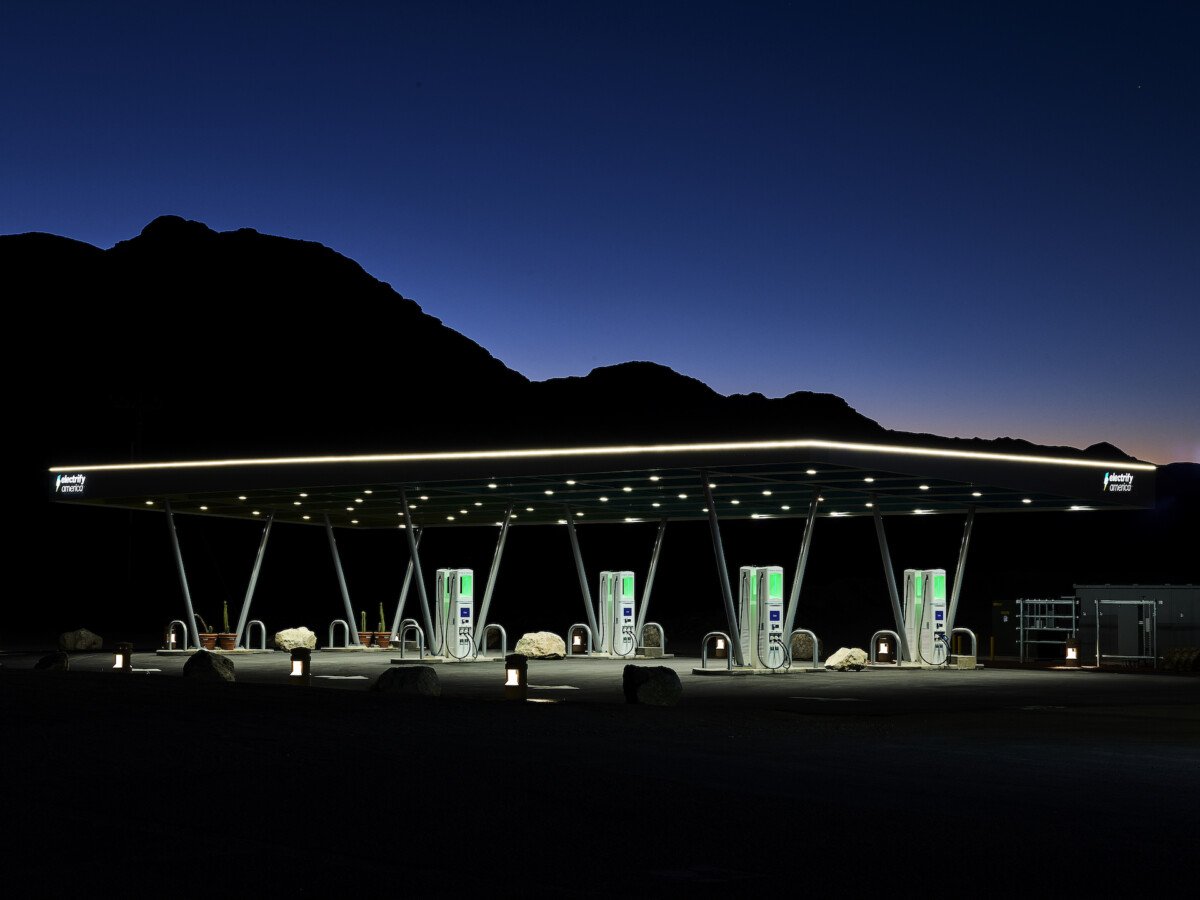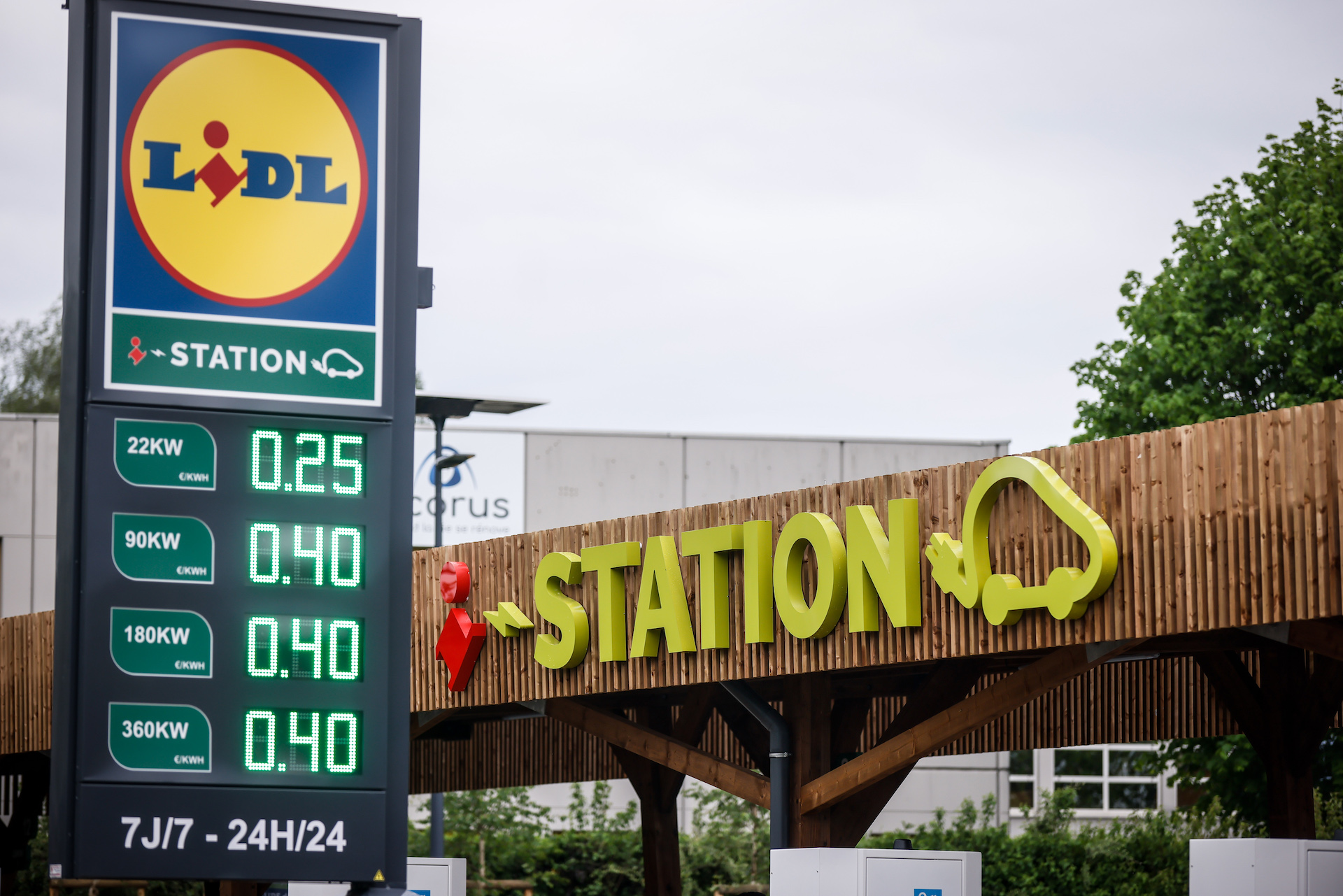There are now more than 100,000 charging points for electric cars in France. The opportunity to know, for the first time, the average price of the cost of recharging an electric car. Please note, this is the B2B price, we explain everything to you.
The bar of 100,000 charging stations (or rather, charging points to be more precise) was crossed in France during the month of May. As of May 31, 2023, France had 100,596 charging points open to the public and intended to charge an electric vehicle as indicated in theAvere-France.
Of course, these are public terminals. If we take into account charging at home or in business, France has more than a million charging stations since last summer, as relayed Enedis.
The cost of fast charging an electric car
The big question everyone is asking is, how much does it cost to charge an electric car? The answer is difficult to provide, since it depends on many parameters, and in particular the cost of recharging each network (Ionity, Tesla, TotalEnergies, etc.). We have already provided part of the answer, by comparing the price in each network.
What you have to remember is that you have to count between 5 and 16 euros for 100 km when recharging at a station, on a motorway journey. To be compared with the 3.5 euros with a home recharge, and the 12 euros per 100 km on average for a thermal car.
With the new data provided by Avere-France, we know the price actually paid by the operators, which is then passed on to the consumer. Before going into detail, know that different intermediaries coming into play during a recharge.

When you badge your charging card (Chargemap type) on the terminal, it is a mobility operator (eMSP). This one has a contract with the terminal operator (CPO) to start charging. And it is the latter who will invoice the mobility operator, who will then invoice you, after applying its margin.
The “real” cost of charging a car
We now know that, on average, the actual gross cost of recharging an electric car is 0.39 euros per kWh at a public terminal (against approximately 0.2 euro at home with regulated electricity tariffs). That is about 7 euros to travel 100 km. But beware, this is not the price paid by the end consumer, but the B2B price, before the application (in particular) of the margin.
How to explain this difference with the prices indicated above, but also with the price at home? It’s quite simple, because in practice, the terminal operator buys electricity from an energy supplier. He then applies a margin, making it possible to make the installation of the charging station and its maintenance profitable.

However, it will be very interesting to follow this figure month after month, to see if it follows the electricity price curve on the wholesale market, and also to get an idea of the evolution of the price of recharging. an electric car on public terminals.
It should also be noted that this figure is an average of the B2B price. In reality, the prices paid by the consumer vary enormously from one network to another, with for example 25 cents at Lidl per kWh against 69 cents at Ionity.
The Watt Else newsletter is THE unmissable Numerama event dedicated to the mobility of the future. Register here!
